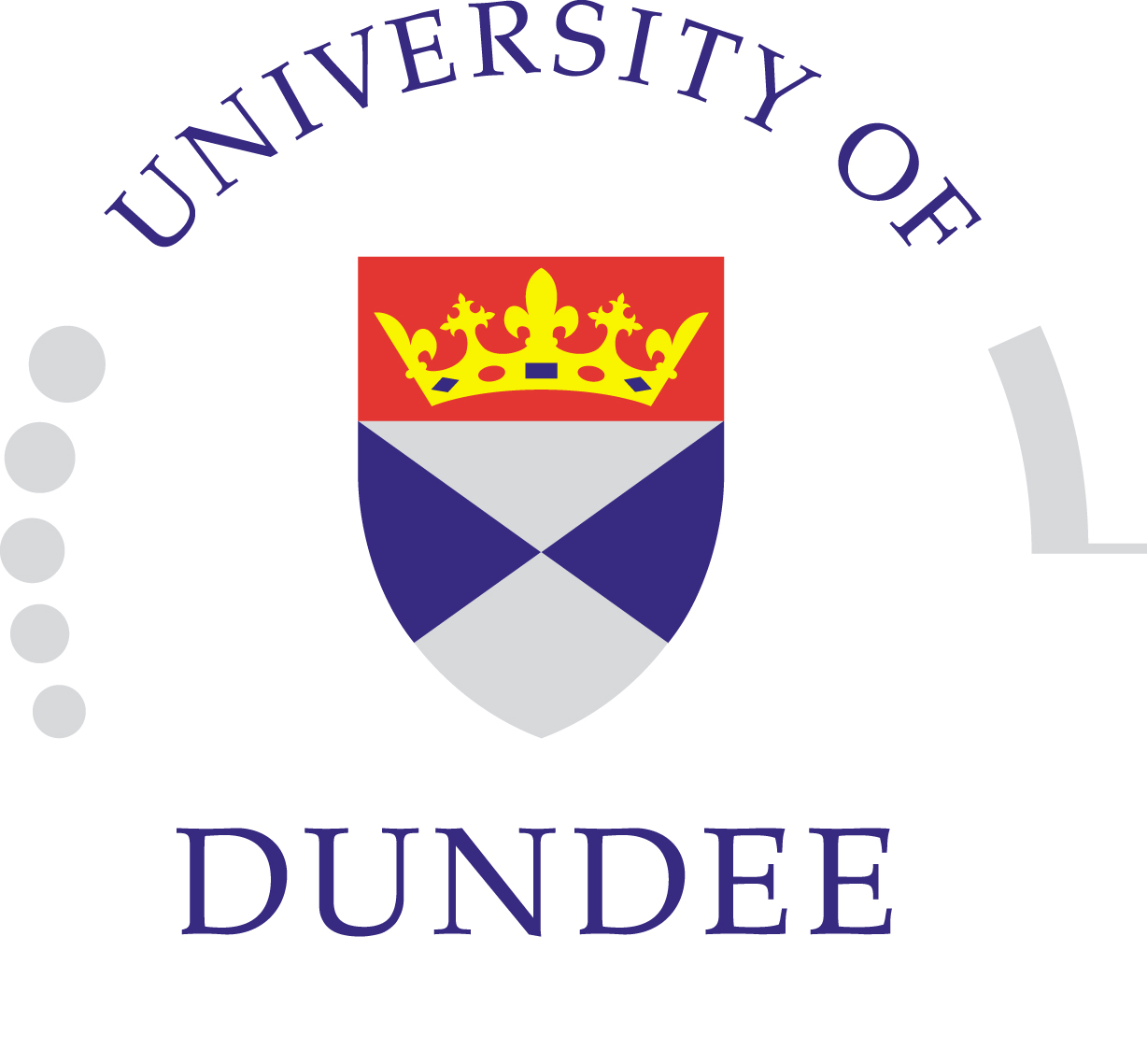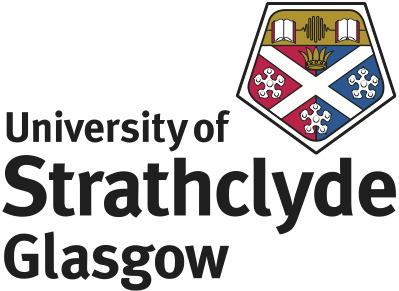








Scottish Numerical Methods Network 2020
Nonlinear Schrödinger equations: Numerical approximations and stochastic modelling
Postponed due to COVID-19
9:00-9:30 Coffee
9:30 - 10:30 Cristophe Besse (Toulouse)
TBA [abstract]
10:30-10:45 Coffee
10:45 - 11:15 Constantinos Skordis (Czech Academy of Sciences)
TBA [abstract]
11:15 - 11:45 Michael Kopp (Nordita)
The Schrödinger method in cosmology, a unifying dynamical description for dark matter and massive neutrinos [abstract]
11:45 - 12:30 Thodoros Katsaounis (Crete)
Efficient numerical approximations for the NLS equation and the Schrödinger-Poisson system [abstract]
12:30-14:00 Lunch
14:00 - 14:45 Oana Pocovnicu (Heriot-Watt)
TBA [abstract]
14:45-15:00 Coffee
15:00 - 15:45 Raphael Stuhlmeier (Plymouth)
TBA [abstract]
This is an open meeting. If you are interested in attending this meeting, please email Agis Athanassoulis or Irene Kyza for more information about possible support for travel and accommodation.
Travel information is here.
Abstracts:
Cristophe Besse, TBA
TBA
Constantinos Skordis TBA
TBA
Michael Kopp, The Schrödinger method in cosmology, a unifying dynamical description for dark matter and massive neutrinos
This talk presents an introduction to and showcases numerical implementations of the "Schrödinger method”, a method to approximately solve the Vlasov equation via the Schrödinger-Poisson equation. The Vlasov equation describes the collisionless dynamics of self-gravitating systems, in particular cold dark matter and hot/warm dark matter, like non-relativistic massive neutrinos. For the first time, we implemented the Schrödinger method in two spatial dimensions in CUDA, extending the previous one-dimensional studies. We performed a quantitive comparison of our code and the state-of-the-art Vlasov solver ColDICE, finding excellent agreement. Similar excellent agreement is also found for hot initial conditions in one spatial dimension. This establishes that the Schrödinger method can be used as a unifying framework to accurately describe large scale structure formation in the physically relevant situation where both cold dark matter and massive neutrino are present.
Related works:
[1] Classical Vlasov plasma description through quantum numerical methods,
P. Bertrand, Nguyen van Tuan, M. Gros, B. Izrar, M. Feix and J. Gutierrez, Journal of Plasma Physics (2009)
[2] Using the Schroedinger Equation to Simulate Collisionless Matter, L.M. Widrow and N. Kaiser, Astrophysical Journal Letters (1993)
[3] Schrödinger method as N-body double and UV completion of dust, C. Uhlemann, M. Kopp and T. Haugg, Physical Review D (2014)
[4] Solving the Vlasov equation in two spatial dimensions with the Schrödinger method, M. Kopp, K. Vattis and C. Skordis, Physical Review D (2017)
[5]
Investigating the use of field solvers for simulating classical systems, A Eberhardt, A. Banerjee, M. Kopp and T. Abel, arXiv preprint (2020)
Thodoros Katsaounis, Efficient numerical approximations for the NLS equation and the Schrödinger-Poisson system
There are two parts in this talk. In the first part we present novel a posteriori error estimates for the nonlinear Schrödinger equation. The numerical method is based on the relaxation approach by C. Besse as a linearisation mechanism, finite elements for the spatial discretisation and the Crank-Nicolson method for time stepping. The proven rigorous a posteriori estimators are of optimal order in space and time. Based on these estimators we present a space-time adaptive algorithm for approximating solutions to the Schrodinger equation.
In the second part of the talk we present a novel numerical method for approximating solutions to Schrodinger - Poisson system. We introduce a Besse-type relaxation scheme for handling the nonlinearity, the Crank-Nicolson scheme for time stepping and standard conforming finite elements for the space discretisation. We verify numerically the order of the scheme and present some numerical results with data emanating from cosmology .
[1]
A Posteriori Error Analysis for Evolution Nonlinear Schrodinger Equations Up to the Critical Exponent, T. Katsaounis and I. Kyza, SIAM Journal on Numerical Analysis (2018)
[2]
Regularized semiclassical limits: linear flows with infinite Lyapunov exponents, A. Athanassoulis, T. Katsaounis and I. Kyza, Communications in Mathematical Sciences (2016)
[3]
A posteriori error control and adaptivity for Crank–Nicolson finite element approximations for the linear Schrödinger equation, T. Katsaounis and I. Kyza, Numerische Mathematik (2015)
[4]
A relaxation scheme for the nonlinear Schrödinger equation, C. Besse, SIAM Journal on Numerical Analysis (2004)
Oana Pocovnicu, TBA
TBA
Raphael Stuhlmeier, TBA
TBA
Local organiser:
Irene Kyza